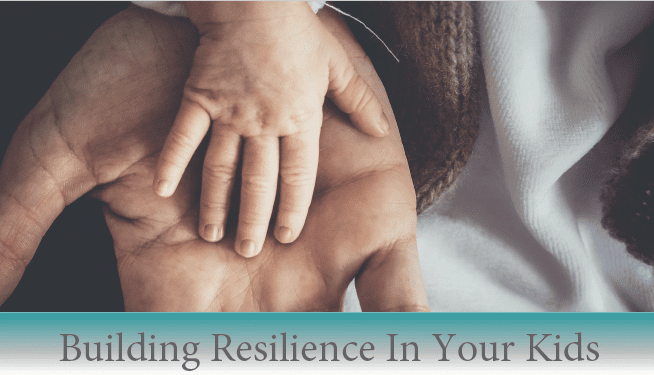
All youth face difficulties, which can range from traumatic losses to everyday disappointments. The ability to cope and recover – or “bounce back” – after a setback is important to their success. Experts call this “resilience,” and it’s a skill that can be learned.
What You Can Do
You can help your children develop resilience by taking the following steps:
- Model a positive outlook. Children will learn from your ability to bounce back from difficulties. When faced with a challenge yourself, model an “I can do it” attitude. Remind yourself and your child that the current problem is temporary and “things will get better.”
- Build confidence. Comment frequently on what your child does well. Point out when he demonstrates qualities such as kindness, persistence, and integrity.
- Build connections. Create a strong, loving family and encourage your child to make good friends. This will help ensure that she has plenty of support in times of trouble.
- Encourage goal-setting. Teach children to set realistic goals and work toward them one step at a time. Even small steps can build confidence and resilience.
- See challenges as learning opportunities. Tough times are often when we learn the most. Resist the urge to solve your child’s problem for him—this can send a message that you don’t believe he can handle it. Instead offer love and support, and show faith in his ability to cope. Remind him of times when he has solved problems successfully in the past.
- Teach self-care. Many challenges are easier to face when we eat well and get enough exercise and rest. Self-care can also mean taking a break from worrying to relax or have some fun.
- Help others. Empower your child by giving her opportunities to help out at home or do age-appropriate volunteer work for her school, neighborhood, or place of worship.
*This article was created using information from Prevent Child Abuse America, the National Child Traumatic Stress Network, the Enough Abuse Campaign, and Stop It Now.
For more information on keeping kids safe, visit our website at www.dakotacac.org
call (701) 323-5626.
This post was recently published in the Dakota Catholic Action.
